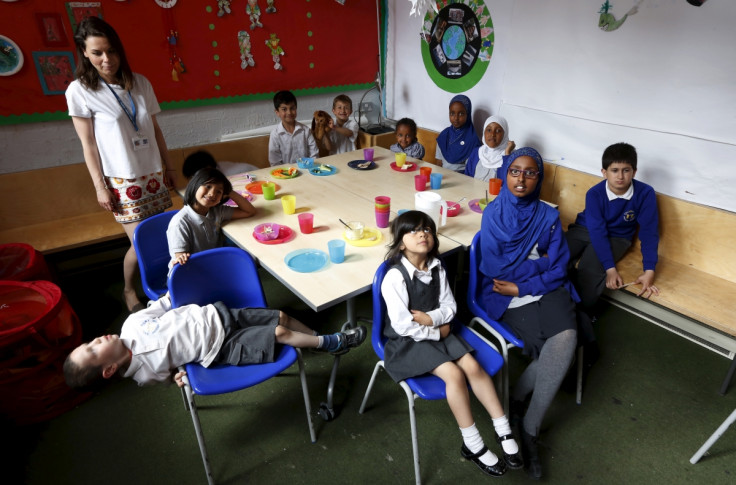Bedroom tax affecting children's sleep and ability to learn

The government's bedroom tax has hampered the ability of children from low income families to study and also caused loss of sleep, a study has revealed. The Manchester Institute of Education study says children are stressed by watching their parents struggle to provide them with basic necessities.
Under the bedroom tax, families with a spare room in their homes had to downsize to smaller homes or risk losing an average of £11 a week (£572 a year) in housing benefits. The tax was introduced by the Conservative-Liberal Democrat coalition government in April 2013.
The study, conducted by researchers at Manchester Institute of Education, found that parents cut down on food supplies and other essentials, which in turn led to children showing aggressive behaviour at schools. "Some parents said they were regularly going without meals so that their children could eat," the report said.
According to the bedroom tax policy, two children below the age of 10 and children of the same gender under the age of 16 were expected to share a room. Doing so, researchers have said, has interfered in homework activities as well as resulted in loss of sleep as children did not have a quiet place for themselves.
Professor Ruth Lupton, of the University of Manchester, said: "The findings of this study confirm a wider picture emerging from research which points to the bedroom tax failing to meet its original aims while contributing to significant hardship among low-income families.
"Our study suggests that the pressure put on families by this cut in benefits may also be working contrary to other policies that are intended to support child well-being and educational achievement, diminishing their effectiveness," she said.
"The government should review its policy. Doing so would show a greater commitment to supporting children, helping parents to maintain their responsibilities, reinforcing communities, tackling educational inequalities and ensuring that the effects of austerity do not fall disproportionately on poor families," Erica Burman, also a professor at the University of Manchester, said.
The researchers examined the impact of the bedroom tax on 14 parents who had 24 school-aged children between them. The research was conducted between March 2014 and July 2015 in Manchester. Besides, 40 people associated with schools, housing associations and community groups were interviewed for the study.
"This is a small, unrepresentative study and it is misleading to generalise from such a tiny sample," a Department for Work and Pensions spokesman said.
© Copyright IBTimes 2025. All rights reserved.





















